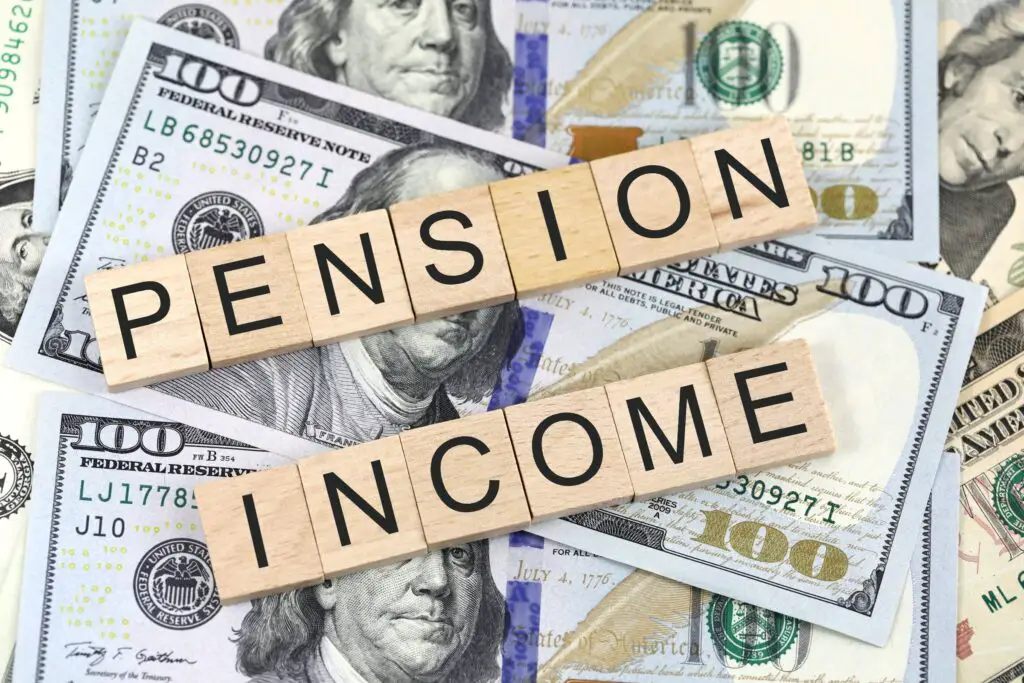1. Changes to Social Security Benefits

A new administration could propose changes to Social Security to address long-term funding challenges. This might include raising the full retirement age, adjusting benefit formulas, or increasing payroll taxes. These changes could significantly impact when and how much retirees receive in benefits.
2. Revisions to Retirement Tax Policies

Tax policies related to retirement accounts, such as IRAs and 401(k)s, may be adjusted under new leadership. Proposals could include increasing contribution limits, offering new tax incentives, or altering Roth conversion rules. These changes could create new opportunities or challenges for retirement planning.
3. Increases to Medicare Coverage

Expanding Medicare benefits, such as adding dental, vision, or hearing coverage, could be a priority. Such enhancements might improve retirees’ healthcare access while potentially raising Medicare premiums. Legislative efforts could also focus on reducing prescription drug costs for seniors.
4. Expanded Access to Retirement Savings Plans

A new administration might push for broader access to workplace retirement savings plans. This could include mandating employers to offer 401(k) options or creating government-managed plans for small business employees. Such measures aim to help more Americans build retirement savings.
5. Shifts in Pension Regulations

Pension rules may be revised to protect retirees and stabilize underfunded plans. Changes could include stricter funding requirements for employers or federal aid for multi-employer pension plans. These reforms would aim to ensure long-term viability for retirees depending on pensions.
6. Potential Adjustments to Retirement Age

To address budget shortfalls, the administration might propose raising the retirement age for Social Security or government pensions. This would require individuals to work longer before accessing full benefits. Such a change could significantly affect those nearing retirement.
7. Strengthening Consumer Protections for Retirees

New regulations might focus on protecting retirees from financial fraud and exploitation. This could involve stricter oversight of financial advisors, enhanced transparency in retirement accounts, or stronger penalties for fraudulent schemes. These measures aim to safeguard retirement savings.
8. Support for Long-Term Care Planning

The administration could prioritize initiatives to address the growing costs of long-term care. Proposals might include tax credits for caregiving expenses, incentives for purchasing long-term care insurance, or funding for home-based care programs. These changes could help retirees manage healthcare expenses.
9. Updates to Required Minimum Distribution Rules

Policies regarding Required Minimum Distributions (RMDs) from retirement accounts may be revised. Possible changes include increasing the age for RMDs or waiving them during economic downturns. These adjustments could provide retirees with greater flexibility in managing their funds.
10. Infrastructure Investments Benefiting Retirees

A focus on infrastructure could indirectly benefit retirees by improving transportation, housing, and healthcare facilities. Investments in affordable senior housing or public transit systems could enhance retirees’ quality of life. Such initiatives may also create job opportunities for older workers.
11. Impact of New Trade and Economic Policies

Changes to trade agreements and economic policies could influence retirees’ financial well-being. Policies affecting inflation, interest rates, and stock market performance can directly impact retirement savings and fixed incomes. A strong economy could bolster retirement security, while uncertainty may pose risks.
12. Expanding Financial Education Initiatives

The administration might emphasize financial literacy programs aimed at helping Americans prepare for retirement. These initiatives could include free resources, workshops, or partnerships with community organizations. Enhanced financial education could empower retirees to make informed decisions about their futures.
